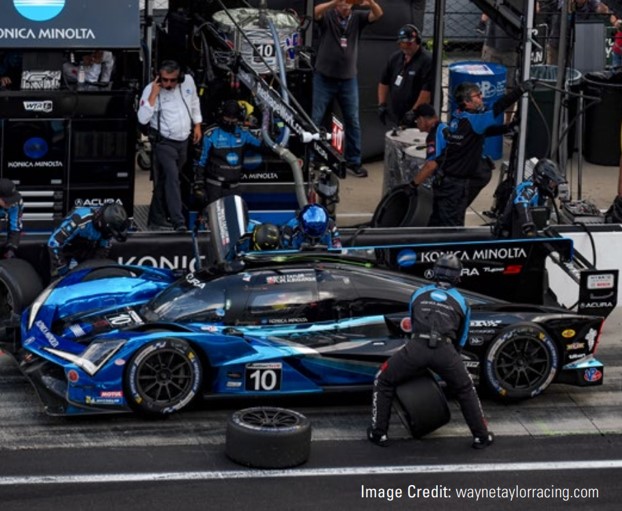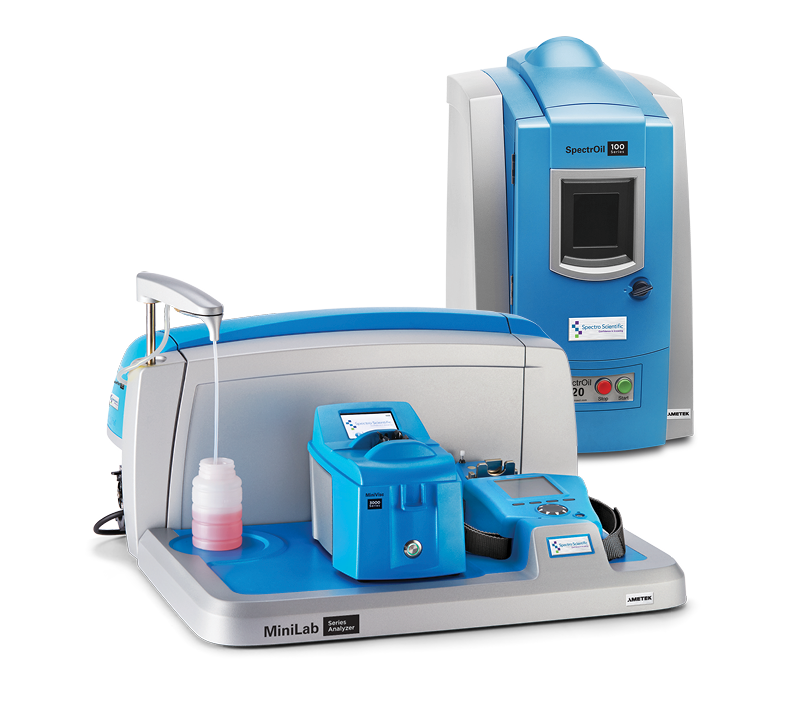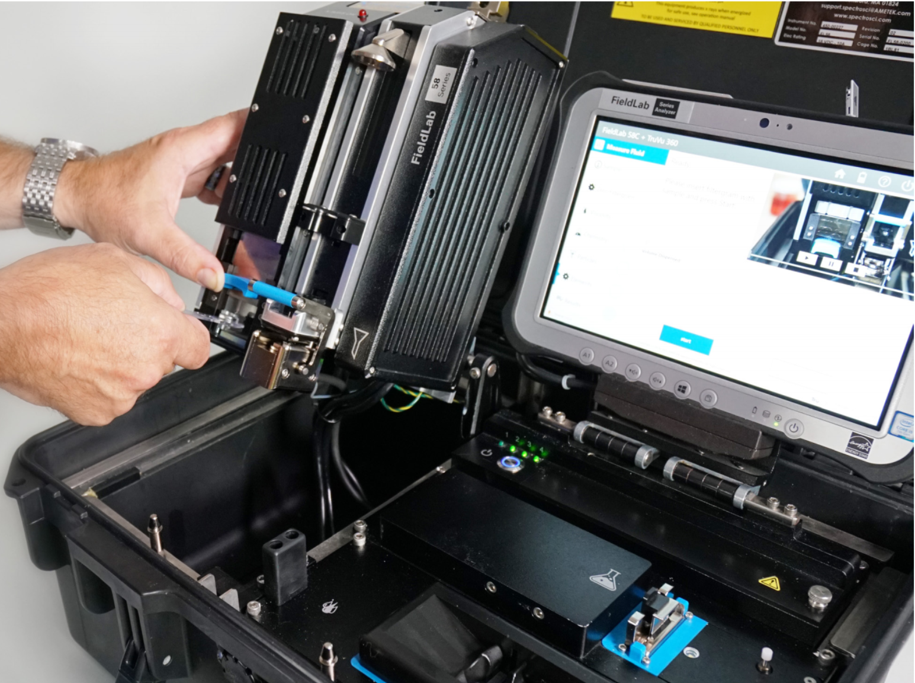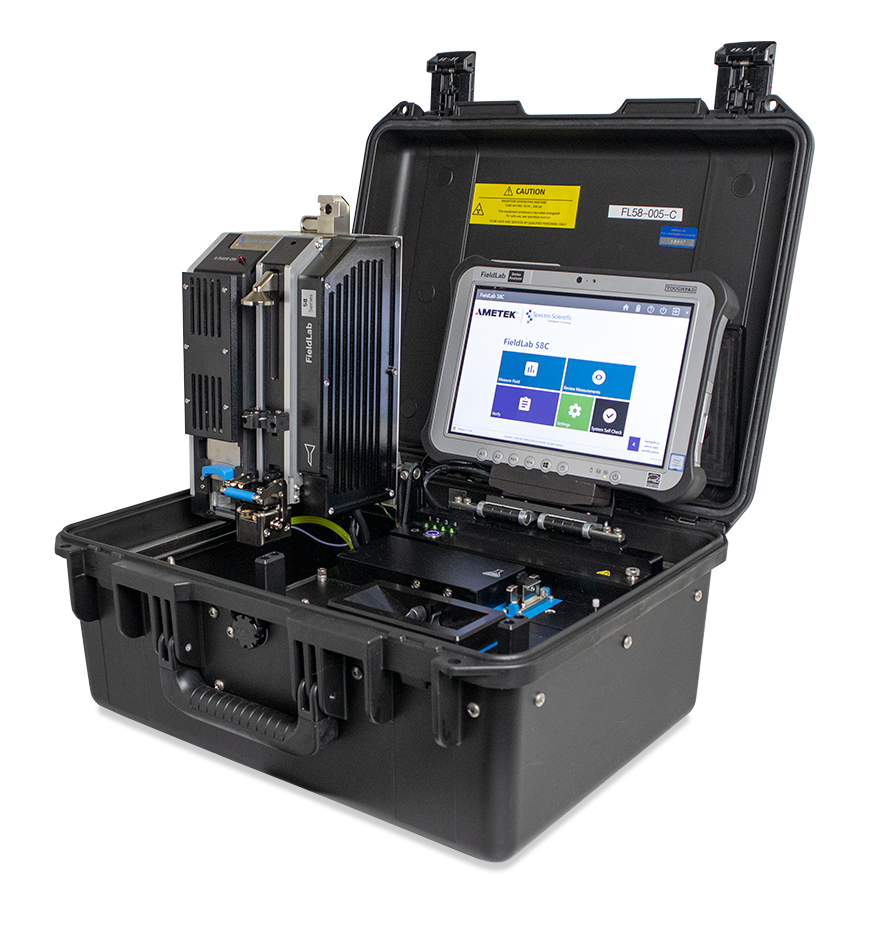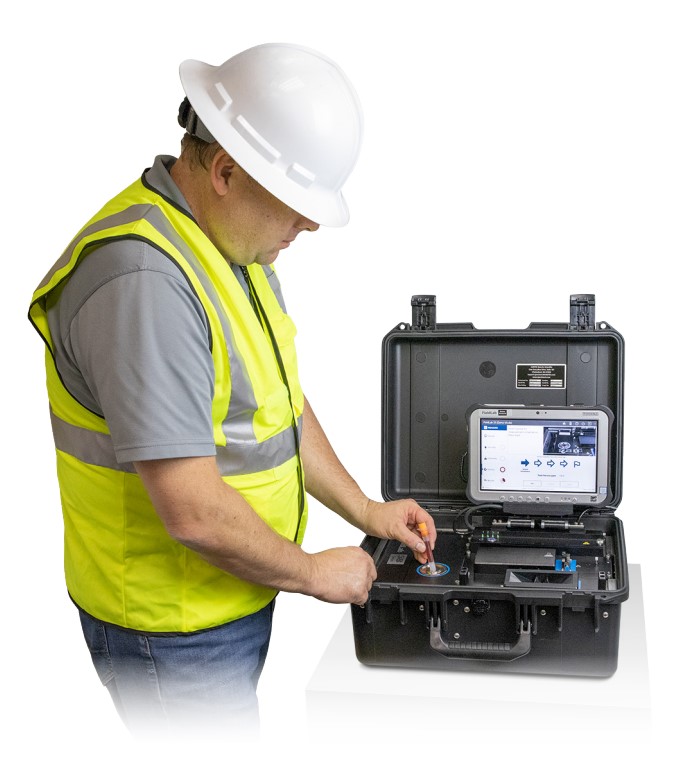Introduction
Creating an effective lubrication program consists of many parts from selecting the appropriate equipment to test to selecting the right parameters to test on the oil.
While these are both important steps not be overlooked, the most daunting part tends to be setting alarm limits on equipment. The challenges include setting limits too conservatively, increasing the chances too many components alarm. This can leave an overwhelming number of work orders and likely stretch the budget to maintain the strict levels. On the other hand, setting alarms too loosely leaves a greater risk of missing a critical alarm and can pose a safety risk.
Read More
Topics:
Industrial,
Tribology,
Oil Analysis
Introduction
Can you tell us what Spectro Scientific does, as well as its history?
Spectro Scientific is the world’s leading supplier of lubrication oil testing equipment. We began as an equipment supplier to laboratories that provided lubrication oil testing as a service. Recently, we have expanded beyond the traditional lab to supply equipment for on-site and field portable applications.
Read More
Topics:
Industrial,
Tribology,
Oil Analysis
Introduction
Extending lubricant condition monitoring programs to include grease analysis
Onsite oil analysis is an effective tool to quickly analyze samples and optimize maintenance activities. As part of a comprehensive condition based maintenance program (CBM), oil analysis proves to be an effective tool to compliment other diagnostic technologies like vibration analysis, infrared thermography and ultrasound technology. However, when the equipment is grease lubricated, this important Lubrication monitoring step is often overlooked.
Read More
Topics:
Industrial,
Tribology,
Grease Analysis
Introduction
AMETEK Spectro Scientific’s on-site oil analysis tools have enabled Honda Performance Development to support WTR Andretti and Meyer Shanks ARX-06 race cars to the podium.
Honda Performance Development (HPD) faced a formidable challenge during the Rolex 24-hour endurance race in January 2023.
Their most advanced ARX-06 GTP (Grand Touring Prototype) race cars, which would be racing competitively for the first time with new engine hybrid technology, and a new IMSA-approved renewable fuel.
Read More
Topics:
Industrial,
Case Study,
Tribology
Introduction
This white paper reports diesel engine oil analysis data demonstrating use of filtergram particle quantifier x-ray fluorescence (FPQ spectroscopy) to quantify severity of wear and contamination. Two independent measurements are performed on each filtergram specimen: pore blockage particle count and FPQ spectroscopic large particle elemental analysis. Causal inflections in ASTM D7720 cumulative distributions indicate severity thresholds for FPQ spectroscopic elemental analyses.
Read More
Topics:
Industrial,
Tribology,
White Paper
Introduction
This article reports annual cost savings from several effective lubrication programs using onsite oil analysis. These published case histories cover various industries. These lubrication programs employ the following steps that differentiate effective lubrication programs with excellent cost avoidance from ineffective, low cost avoidance lubrication programs.
Read More
Topics:
Industrial,
Tribology,
White Paper,
Power Generation
Retesting And Resampling Can Save Millions
Introduction
Power plants today face headwinds in delivering power to customers. Power suppliers must meet the “Three Rs” for power system reliability: resource adequacy (people, equipment, facilities, availability), system resiliency (ability to bounce back from disruption) and operational reliability (assets performing without unplanned downtime).1
Read More
Topics:
Industrial,
Case Study,
Tribology,
Power Generation
Exploration Rigs insist on Oil Analysis
For many years, rig operators have used oil analysis as an essential tool for routine maintenance and future cost avoidance. On oil rigs, equipment failures risk employee safety, and missed production targets are realized very quickly. The remote locations of offshore rigs make routine maintenance very expensive. In most cases, skilled people and supplies can only reach the platform by ship or helicopter so the cost of bringing technical specialists, replacement equipment, spare parts and tools to the platform is high.
Read More
Topics:
Case Study,
Fleets,
Mining,
Tribology
Introduction
Downtime for critical equipment is costly in terms of dollar expense, productivity and human lives. Oil analysis is one of the most important and reliable techniques to keep these assets up and running.
Read More
Topics:
Industrial,
Fleets,
Mining,
Tribology,
White Paper
Introduction
This article is the first in a series to make a strong case for performing more and better testing of in service lubricants in order to replace unplanned repairs and unplanned downtime with planned repairs during scheduled time. In other words, this article is about using oil analysis to help improve reliability, planning and scheduling. More and better testing involves more lubricant sample points with better focus on large wear particle analysis.
Read More
Topics:
Industrial,
Fleets,
Mining,
Tribology,
White Paper


